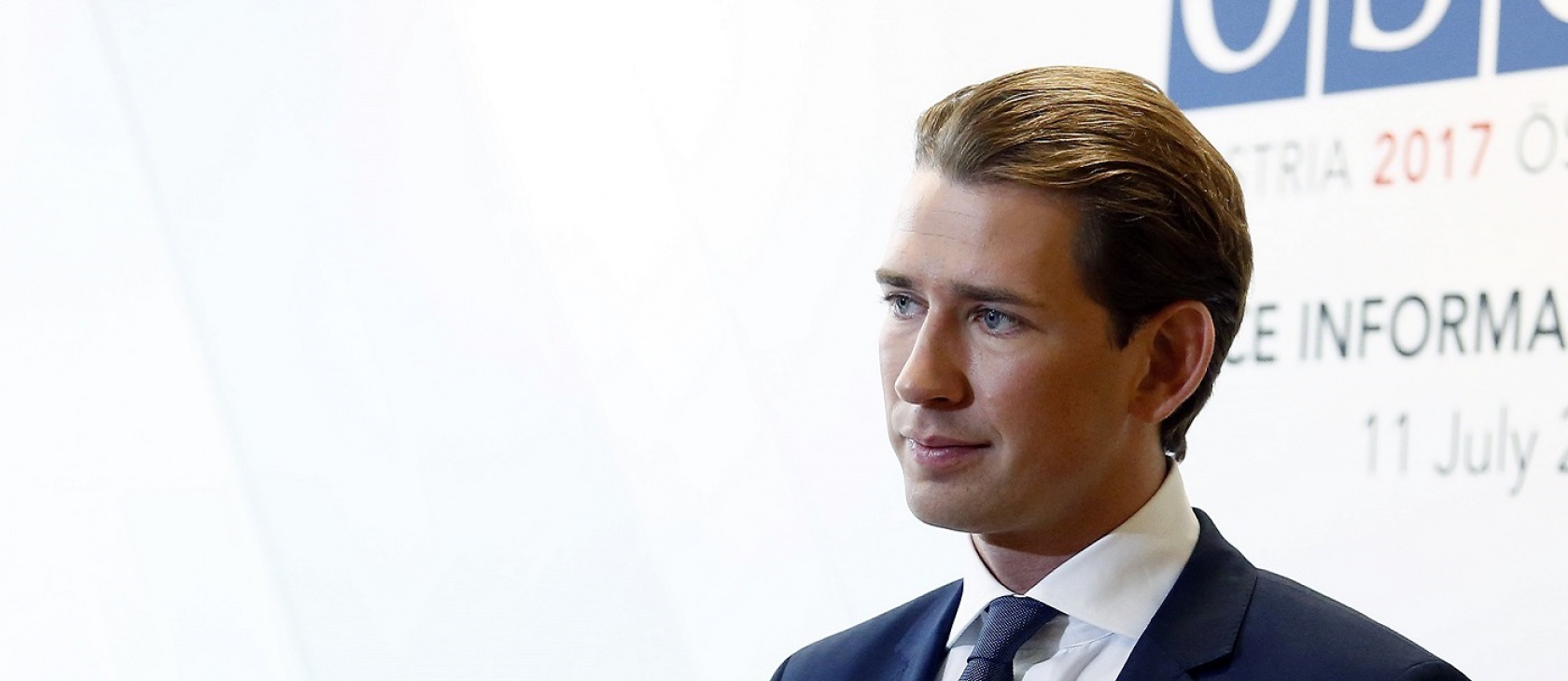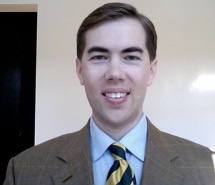On October 15, wunderkind Sebastian Kurz led his Austrian People’s Party (ÖVP) to victory in the federal elections, securing the largest share of the vote (31.5 percent) and edging out the Socialists to obtain the constitutional right to the Chancellorship. Much of the media coverage of the meteoric ascent of Kurz, 31, has naturally focused on his youth, good looks, and often tie-less Millennial élan amid the renowned propriety of corporatist Austria. Yet that of other outlets has been more insidious, implying that Kurz portends a resurgent nationalist politics that will threaten minority rights at home whilst overturning European and international relationships abroad. Most ominous perhaps is the official view of the The Guardian (October 16), for whom Kurz represents “an old threat in a new guise.” Comparing him to the reviled Jörg Haider (1950-2008) of the Freedom Party, the newspaper argues that the two share a “fatalistic” politics of xenophobia, Islamophobia, and nationalism, and that government by them together or separately “should be deplored.” From a periodical that, in the opinion of this author, often appears to imply a connection between conservatism and racial prejudice, such a condemnation may come as no surprise – yet it is both politically uninformed and historically inaccurate.
First, the insinuation of fascist tendencies in Kurz mischaracterizes the ideology of his Austrian Folk Party (Österreichischen Volkspartei), which is best described as a conservative constitutional union party with a strong Christian Democratic element. The high formalism of the jurist Hans Kelsen provides the foundation of Austrian constitutional law, and after World War II the Folks and the Socialists agreed a corporatist Proporz system by which power in state and society would be consensually shared between them. Therefore, this party is both established and respected by definition. Furthermore, the articles of its 2015 party platform neither threaten nor offend. It declares as the basis of politics the “Christian-humanist image of man” (christlich-humanistische Menschenbild, 9); and although liberal reformist elements are present, that of Christian Democracy is particularly strong.
As in neighboring Germany under Angela Merkel, as well as Italy, Switzerland, and France, the reformed Catholicism of the Second Vatican Council found its lay counterpart in the postwar formation of European political parties that sought to reconcile their Christian faith with a renewed commitment to democratic politics. Although the ÖVP platform supports Christian teaching in the schools and opposes abortion and euthanasia, it also consistently urges environmental protection – including animal rights – solidarity among workers, equality between the sexes, and accessible housing and transportation. The party also lowered the voting age to 16, widening democratic participation. Finally, the Folk manifesto pledges a robust commitment to continued participation in the European Union (EU) despite its self-evident disorder, stating, “We affirm – like the Christian Democratic founding fathers of European integration – that the unification of Europe affords the best protection against nationalism and chauvinism” (Wir sind – wie die christdemokratischen Gründerväter der Europäischen Integration – der Überzeugung, dass die Einigung Europas der beste Schutz vor Nationalismus und Chauvinismus ist, 42).
In short, any current attempts to characterize the Austrian Folk Party as an extreme right-wing movement must contend with its own demonstrable words and actions to the contrary.
Alarmist accounts of the election results have also tended to distort the estimable record of Kurz as Federal Minister for Europe, Integration, and Foreign Affairs (Bundesminister für Europa, Integration und Äuβeres), a portfolio he created for himself and has held since December 2013. Whereas, during that same interval, the high-minded Obama administration furnished no coherent response to the Syrian war or the Islamic state, and the self-confident Cameron government accidentally careened toward Brexit, the youthful Kurz has successfully steered Austrian foreign and interior policy through some of the most troubled waters in the history of the republic. As explained in his ministry’s English-language Integration Report 2016, the year 2015 saw the largest entry of people into Austria since the disintegration of Yugoslavia with more than 88,000 asylum applicants, and with beleaguered Afghans and Syrians accounting for about 60 percent of the total. This was almost three times the 2014 figure. As a result, Austria has more asylum seekers per capita (10.3 per 1,000) than any EU country except Sweden (16.7) – about four times the EU average.
Such an alarming situation might be expected to produce Orban-esque demagoguery; but instead Kurz convened an expert panel of distinguished jurists, professors, and government officials to arrive at a 50-point plan for the effective integration of the new arrivals, with rigorous standards to certify progress. Many of these points concern German language acquisition and more effective political instruction in the schools. Others pay close attention to securing affordable housing, providing job training, and distributing the foreigners effectively throughout the republic. (About 40 percent currently congregate in Kurz’s native Vienna.)
All aspects of this program appear convincing and respectful, but most striking of all is the liberality with which the Kurz regime has treated the Islamic religion of the refugees and migrants. Corresponding to the report’s emphasis upon a Europeanization of Islam (29), Kurz in 2015 moved passage of Austria’s astonishing Islam Law (Islamgesetz), which accords institutional prerogatives to the religion unlike any other nation-state in Europe. Provided that imams do not preach against the Austrian state and society, or foment sedition, their religion is recognized under public law. It was given a seminary in Vienna, along with state protection for Friday prayers and several Islamic holidays. The government even made it unlawful to protest or demonstrate outside a mosque while it is being used for worship (§13.3), lest members of the congregation feel intimidated.
An impartial examination of the conduct of Kurz as both foreign and immigration minister yields law and policy among the most astute, accommodating, and level-headed of the Western democracies amid the civilizational implosion of the Middle East, demonstrating not an old threat, but rather a new hope.
(Photo credit: Bundesministerium für Europa, Integration und Äußeres. This photo has been cropped. CC BY 2.0.)




